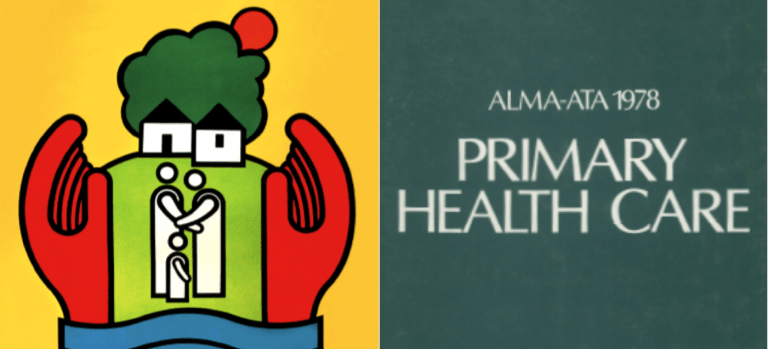Controlling epidemics? The WHO had the answer 40 years ago

For once, everyone agrees. The only way to deal effectively with Covid 19 is through comprehensive, equitable, universally accessible health systems.
Continue readingCETIM focuses on the promotion and implementation of economic, social and cultural rights (ESCR). They are the backbone of human rights and a powerful tool for achieving a self determinated development model by peoples. This is particularly true for the most vulnerable and marginalised populations. Properly implemented, these rights contribute to the respect for human dignity and to the achievement of social justice. On the contrary, the violation of any of them can jeopardise the enjoyment of all the others.
The universality, indivisibility and interdependence of human rights are enshrined in international instruments. Yet, we are still a long way from their effective implementation for all, and ESCR are among the worst off. Indeed, the basic needs (food, water, health, housing, education) of a third of humanity are still not being met. In some respects, the situation has even deteriorated, including in the countries of the North. This is due to the fact that the policies adopted at economic level accentuate ESCR violations and cause
– increased poverty
– growing inequality across the world
– multiple crises (political, economic, financial, environmental, social and cultural).
By definition, human rights are designed to protect citizens from the arbitrary actions of the most powerful and their governments
The international health crisis linked to COVID-19 has only exacerbated this situation. It has also shown the importance of implementing public policies based on ESCR. In particular, the right to health, the right to housing, the right to food, the right to water, the right to work, the right to education and the right to social security.
But for human rights to be better respected, they must be known, they must be demanded and they must be enforced. However, victims are often unaware of their rights and of the mechanisms available to them for appealing (at national, regional or international level). States, which have an obligation to inform and educate their citizens about human rights, often fail in their duties.
The role played by civil society organisations and social movements in human rights education and training is therefore crucial
– to denounce human rights violations
– to contribute to the implementation of existing standards.

For once, everyone agrees. The only way to deal effectively with Covid 19 is through comprehensive, equitable, universally accessible health systems.
Continue reading
HUMAN RIGHTS COUNCIL 43rd session March 2020 In October 2019, presidential elections were held in Bolivia to choose the country’s new president for the period 2020-2025.
Continue readingHUMAN RIGHTS COUNCIL 43rd session 24 February – 20 March 2020 [Excerpt of the declaration] Forced evictions and the issue of security of tenure, both in urban centres and in rural areas, continue to be among the major obstacles to the realisation of the right to housing. Read CETIM’s oral statement in French Watch the […]
Continue reading
HUMAN RIGHTS COUNCIL 43rd session February 24 – March 20 2020 From December 2017 to June 2019, poverty in Ecuador affected 25.5% of the national population. Extreme poverty reached 9.5%.
Continue readingFrom 23 September to 2 October 2019, The UN Special Rapporteur on the right to development, Saad Alfaragi, carried out an official visit to Switzerland in order to evaluate its implementation of the right to development and to indentify the challenges it poses in view of forming recommendations for the fulfilment of the aforementioned right […]
Continue reading